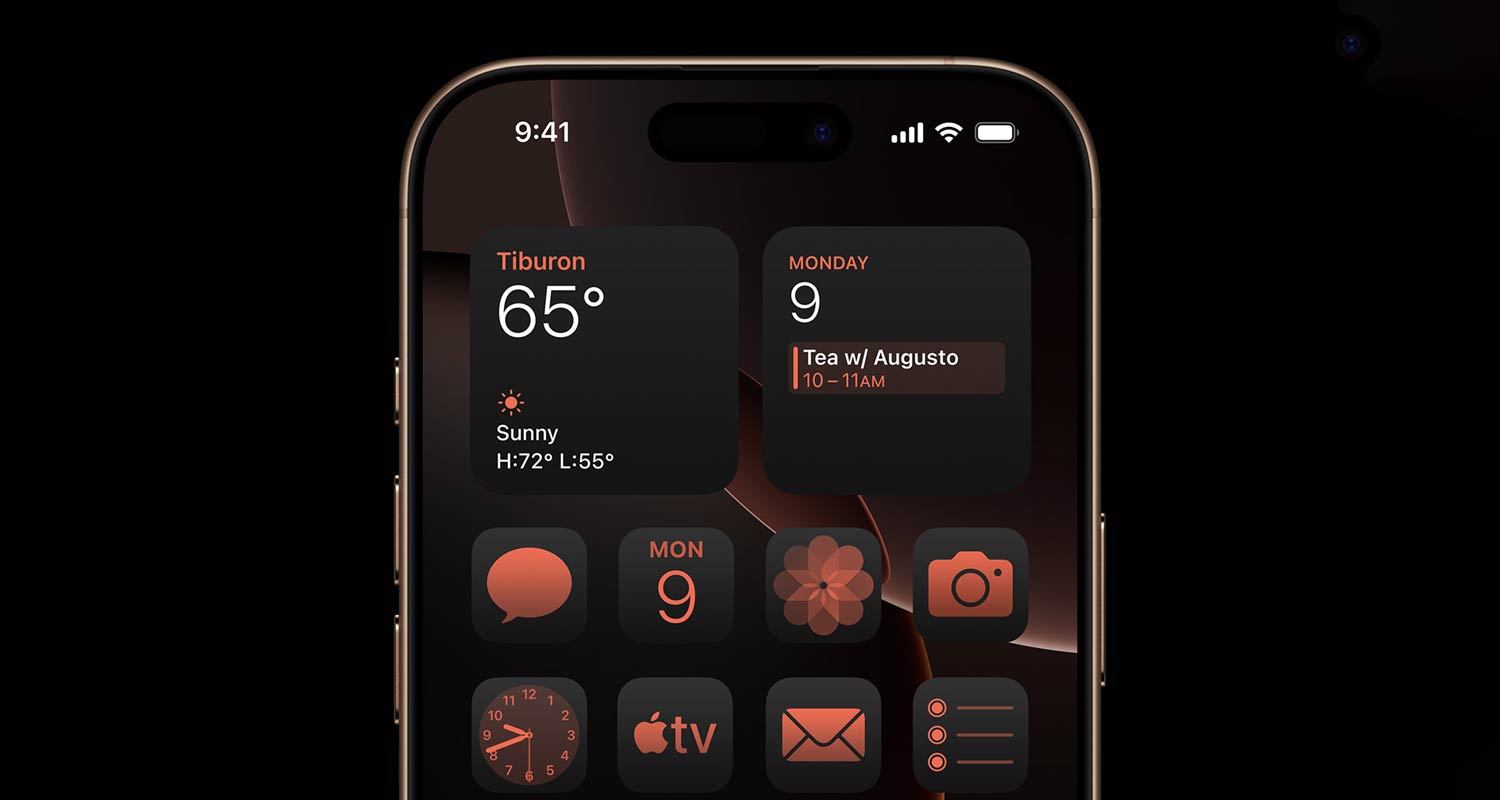Try our mobile app

Apple is planning to use artificial intelligence technology to address a frequent source of customer frustration: the iPhone’s battery life. The company is planning an AI-powered battery management mode for iOS 19, an iPhone software update due in September, according to people with knowledge of the matter. The enhancement will analyse how a person uses their device and make adjustments to conserve energy, said the people, who asked not to be identified because the service hasn’t been announced. To create the technology — part of the Apple Intelligence platform — the company is using battery data it has collected from users’ devices to understand trends and make predictions for when it should lower the power draw of certain applications or features. There also will be a lock-screen indicator showing how long it will take to charge up the device, said the people. The driving force behind the battery feature is the company’s upcoming slimmed-down iPhone 17 A representative for the Cupertino, California-based company declined to comment on the new capabilities. The move continues Apple’s strategy of integrating AI into its core features. The first version of Apple Intelligence, which rolled out last year, added tools for text editing and improving writing — anywhere text can be entered — as well as features to summarise notifications, generate custom emoji, remove unwanted elements from images and create sketches. The driving force behind the battery feature is the company’s upcoming slimmed-down iPhone 17, which will be offered as an alternative to the standard and Pro models. Because of its thinner design, the new iPhone will have a much smaller battery — and fewer hours of life than other models. By optimising battery life with AI, Apple is aiming to offset these physical constraints. Still, the battery function will be available for all iPhones that have iOS 19. Rocky roll-out The Apple Intelligence platform has had a rocky roll-out. Though the company heavily marketed the software, it arrived later than anticipated and some promised features have yet to be added. A much-touted upgrade to the Siri digital assistant has been delayed indefinitely, highlighting Apple’s struggles to catch up with OpenAI, Google and other tech peers in AI. But the Apple Intelligence brand remains central to the company’s AI push. Several features in iOS 19 will be described as “powered by” the technology, the people said. Apple also plans to use the tactic with its smartwatch, even though the company’s power-hungry AI models won’t actually be loaded onto that device. Read: Apple hints at iPhone’s demise in Google search deal defence The upcoming iOS 19, iPadOS 19 and macOS 16 software also will reportedly get major changes to their user interfaces. The upgrades include a new look dubbed Solarium internally — named for the glass-enclosed rooms that let in sun — as well as changes that will make the iPad and Mac work more like each other. The new operating systems will be able to synchronise details across devices for wireless networks that users need to log in to via the web browser, a common task when entering gyms, hotels or office buildings. The company is also preparing a revamped Health app with an AI doctor code-named Mulberry, but that launch isn’t expected until next year. Besides the AI additions and interface changes, Apple is pushing engineers to ensure that this year’s releases are more functional and less glitchy. Past upgrades were criticised for bugs and features that sometimes didn’t work properly. Apple is aiming to finish development of a first beta version of the new operating systems by the end of May. It will then release them to developers on 9 June at its annual Worldwide Developers Conference. The company typically offers its new software publicly around September, when it rolls out versions of the iPhone and Apple Watch. — (c) 2025 Bloomberg LP Get breaking news from TechCentral on WhatsApp. Sign up here . Don’t miss: Apple Silicon road map expands to AI servers and smart glasses